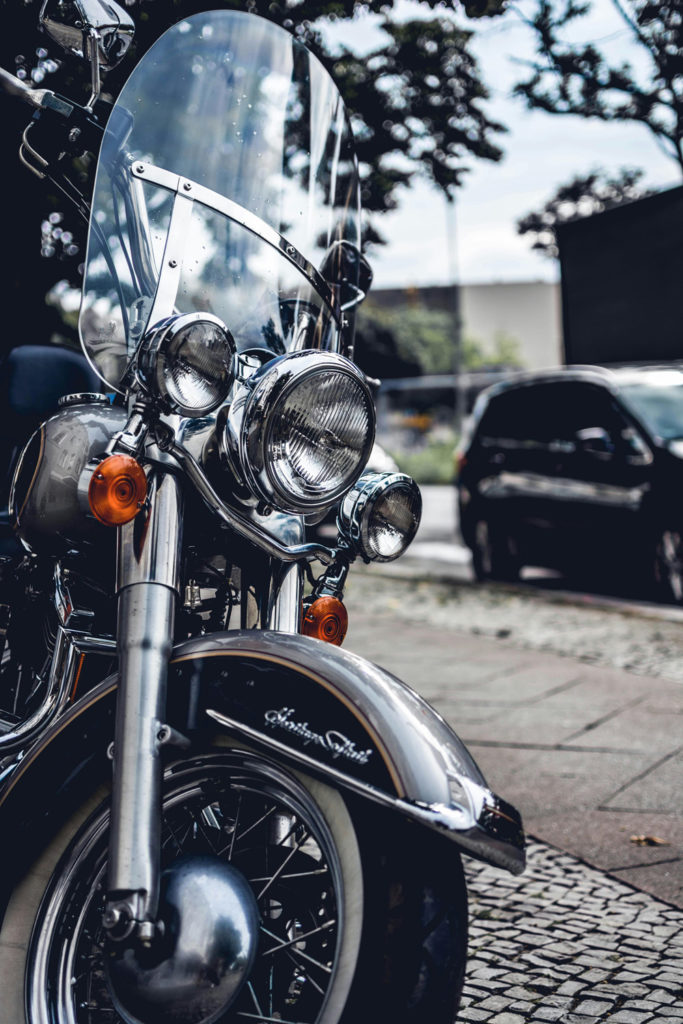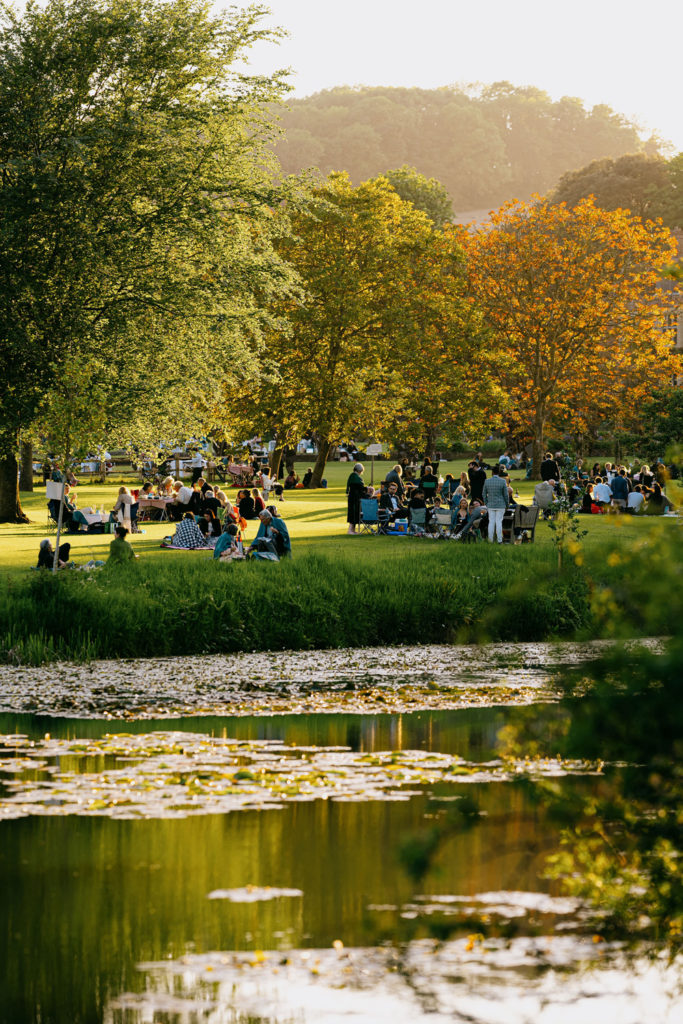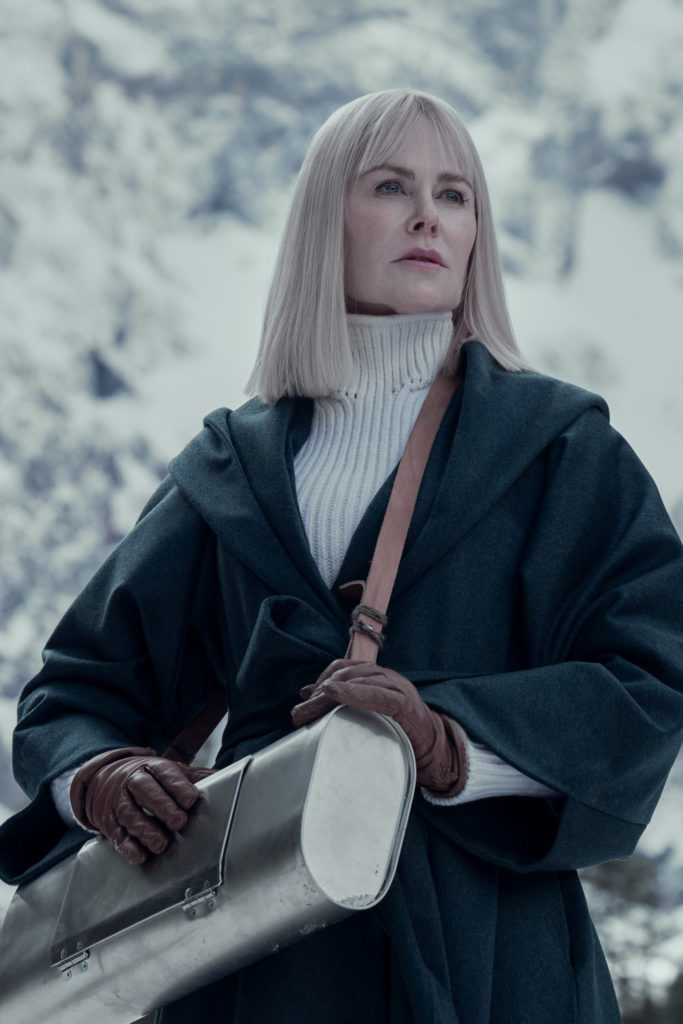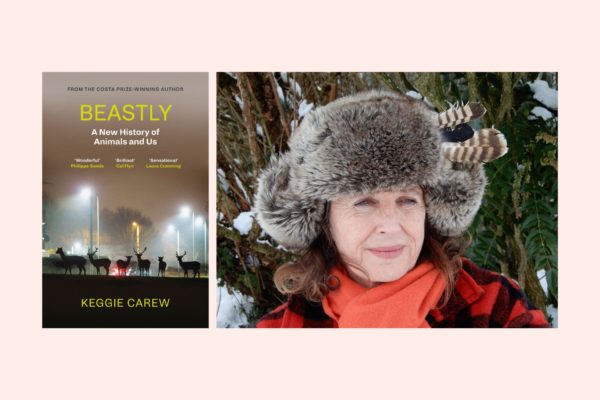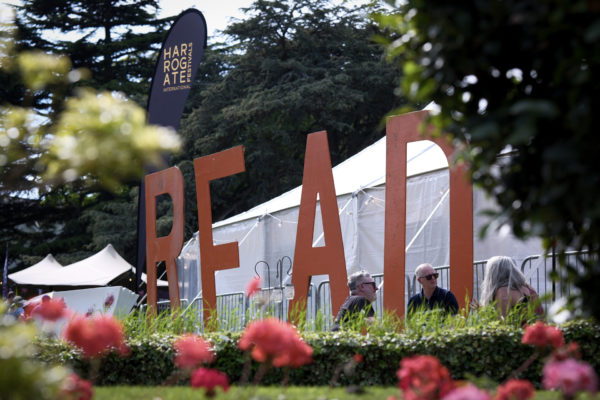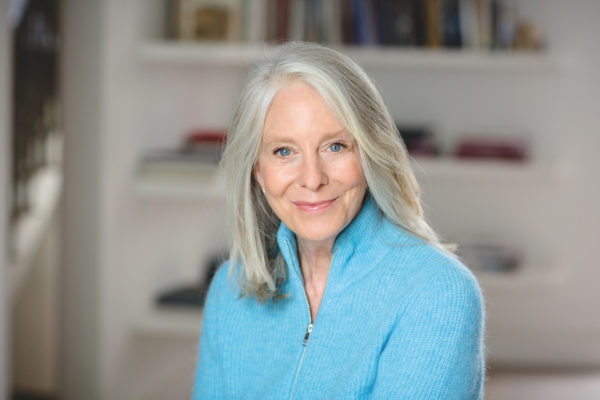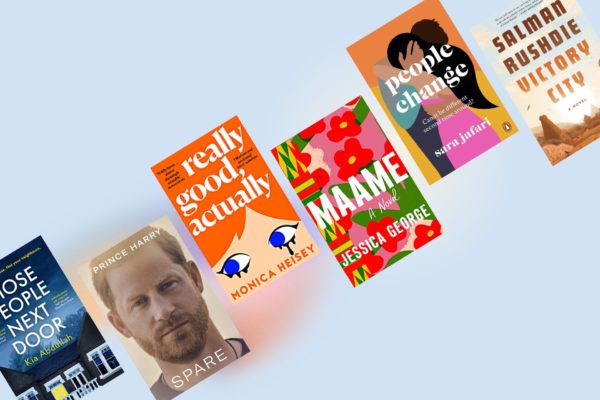Interview: Kate Mascarenhas On Her New Novel, Hokey Pokey
By
2 years ago
Hokey Pokey is out in hardback now

Kate Mascarenhas’ third novel, Hokey Pokey, has just been released – a genre-bending, twisty tale whisking readers to 1920s Birmingham, and centred upon a grand hotel, a famous opera star and a psychoanalyst. We caught up with Kate to chat all things writing, and the inspiration behind Hokey Pokey.
Hokey Pokey by Kate Mascarenhas – Interview
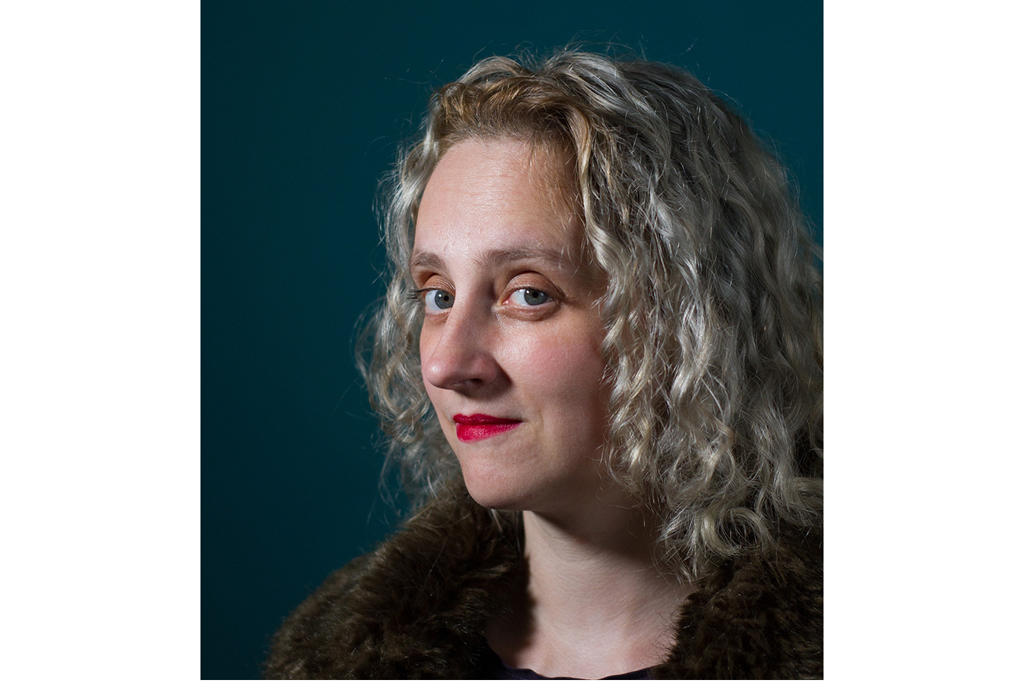
© Matt Murtagh
Hi Kate, how is life going at the moment?
Not bad at all. Very busy! The last couple of months before publication are always packed.
Hokey Pokey is about to come out – can you give us a quick summary?
It’s a supernatural story set in the 1920s. A psychoanalyst, called Nora, obsessively stalks a famous opera singer across Europe. They’re staying at a grand hotel in Birmingham when a heavy snowstorm cuts off the outside world, and guests start going missing. The plot is part golden age crime, part folk horror.
What drew you to 1920s Birmingham as a setting?
I’m from Birmingham, so the history of the area interests me. During the 1920s, the city was a bustling, vital place with several beautiful hotels. I was fascinated by who worked in these places and what kind of clientele they attracted. The story does move around – we see some of Nora’s childhood experiences in Edwardian Warwickshire and also spend several chapters in Zurich, where she trains to be a psychoanalyst just after the First World War.
Do you prefer exploring history or the present?
It depends on the day. Historical research has moments of feeling like you’ve really made contact with the past – that can feel very powerful. But I find it easier to get into ‘flow’ while writing about the present, because I can take a lot more of the small details for granted. Each of my books has had a fantastical element which means, whether I’m writing about the past or the present, there’s always a point where the story departs from everyday reality.
Which settings interest you the most that you haven’t written about (or published a novel on) yet?
I’d love to write a story about an enclosed order, possibly set in the sixties and seventies when the second Vatican council had shaken things up.
How do you create your stories: plot or character first?
I work out character and plot at the same time as each other, bit by bit, as I go through the first draft.
Nora is young and ambitious – what was the process of creating her like?
I found Nora satisfying to write. There’s a big gap between how she sees herself and what she’s actually like; that’s a gap I like exploring. I decided early on her ambition to be a psychoanalyst isn’t an altruistic thing. Her motives are more unsettling.
Is she inspired by a real person?
No, her personality isn’t based on anyone real, but I did research the working lives of real female psychoanalysts from the early twentieth century – especially Sabina Spielrein, Melanie Klein and Anna Freud. I wanted to understand how women gained a foothold in the profession, what challenges they faced, and the settings they worked in. I also wanted to understand what boundaries psychoanalysts were drawing between the personal and professional. Treating family members happened more often than it would today, as did marrying former patients.
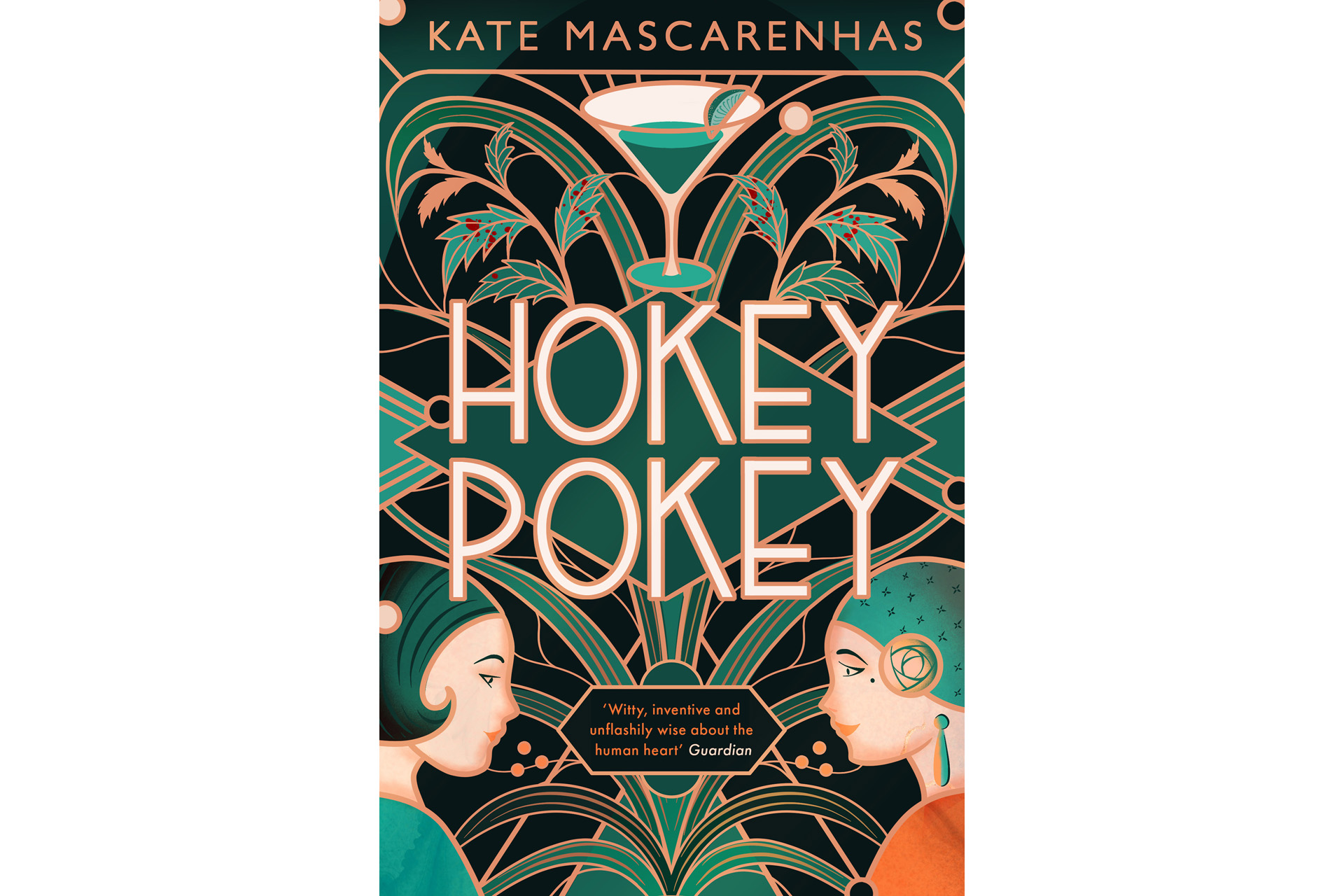
What is your writing process like? How do you get started, how do you plan, how do you know it’s a good idea?
I’m not a planner. I really enjoy discovering things as I go. Whenever story ideas occur to me, I jot them down – usually as just a single line. Sometimes one of those ideas gets stuck in my head and won’t leave me alone, so I start a draft to see where it goes. Typically, I write two pages a day for about three months and that gives me the roughest of first drafts. I’ve always pursued story ideas I’d like to read myself. Up till now, that’s worked out for me. I let my agent decide whether the idea is interesting to anyone else!
What is your ideal work set up? Is it day or night? Is it loud or quiet? Private or public?
When I still had a day job, I wrote in snatched moments wherever I could – early mornings before I left for work, on a street bench in my lunch hour, even on the bus. An ideal set up was a bit of a luxury. But, for now, writing is my main income and that means I can be more choosy. I have a quiet workroom at home with my PC, my books, and my crafting equipment (I bind books and make dolls’ houses). Normally I write in there. I hate working at night, and only do that if I have an unexpectedly urgent deadline.
Do you have a writing playlist? If yes, what are your top writing songs?
Usually I play electronica. I tend to avoid songs with lyrics; they make me more prone to typos! I prefer familiar tracks, because I find it harder to concentrate if the music’s new to me, but I don’t have a fixed playlist.
Did you always want to be a writer?
No, although I did always love reading. I’ve had a variety of jobs – some interesting, some awful but they paid the bills – and my academic background is in psychology.
Which writers inspire you?
More than I could name, but for Hokey Pokey in particular, an eclectic list that includes Arnold Bennett, Stephen King, Angela Carter, Charlotte Perkins Gilman, and Sheridan Le Fanu.
What are your top five favourite books?
We Have Always Lived in the Castle by Shirley Jackson, The Prime of Miss Jean Brodie by Muriel Spark, Mr Fox by Helen Oyeyemi, The Buddha of Suburbia by Hanif Kureishi, and Among Others by Jo Walton. I like novellas and shorter novels, dark humour and distinctive voices.
What about your favourite films?
Vertigo, Don’t Look Now, In the Mood for Love, A Field in England, and Phantom Thread
How does it feel for the book to finally be out?
Exciting and nerve wracking combined. There’s always a few months between signing off the final draft and publication day, which means anxieties have plenty of time to build.
What was editing like?
This was my third time working with the same editor so we’re quite used to each other. Unlike most writers, my early drafts are short, and with each round of edits I add more layers. I quite envy authors who write long and cut. Unfortunately, my brain isn’t wired for that way of working.
Are you having/have you had a launch party?
On publication day, I was at Waterstones Birmingham to talk about the book and sign copies. It’s likely I’ll do something less formal to celebrate with family and friends. Maybe involving cocktails – Hokey Pokey includes an old cocktail recipe that the characters drink at the hotel bar.
How do you balance writing with the rest of your life? Are you strict and scheduled in treating writing like a nine to five?
On any given day, I set myself goals, such as writing a specific number of pages, following up a research lead, or getting through a certain amount of admin. That works better for me than going by the clock. As I have some ongoing medical issues, I have to make time for appointments and rest, often with very little warning.
Any tips for budding writers?
Cultivate your passions besides writing; it protects against insularity and keeps your ideas fresh. And I always advise rewarding yourself for any progress, not just the big acceptances but the smaller things you can control, like finishing a chapter or solving a tricky plot problem. The reward doesn’t have to be expensive or elaborate. It can be just a few minutes spent on something you enjoy. I’m a big believer in carrot rather than stick.
Hokey Pokey by Kate Mascarenhas, published by Head of Zeus [Apollo] is out in hardback on now, RRP £16.99. waterstones.com

